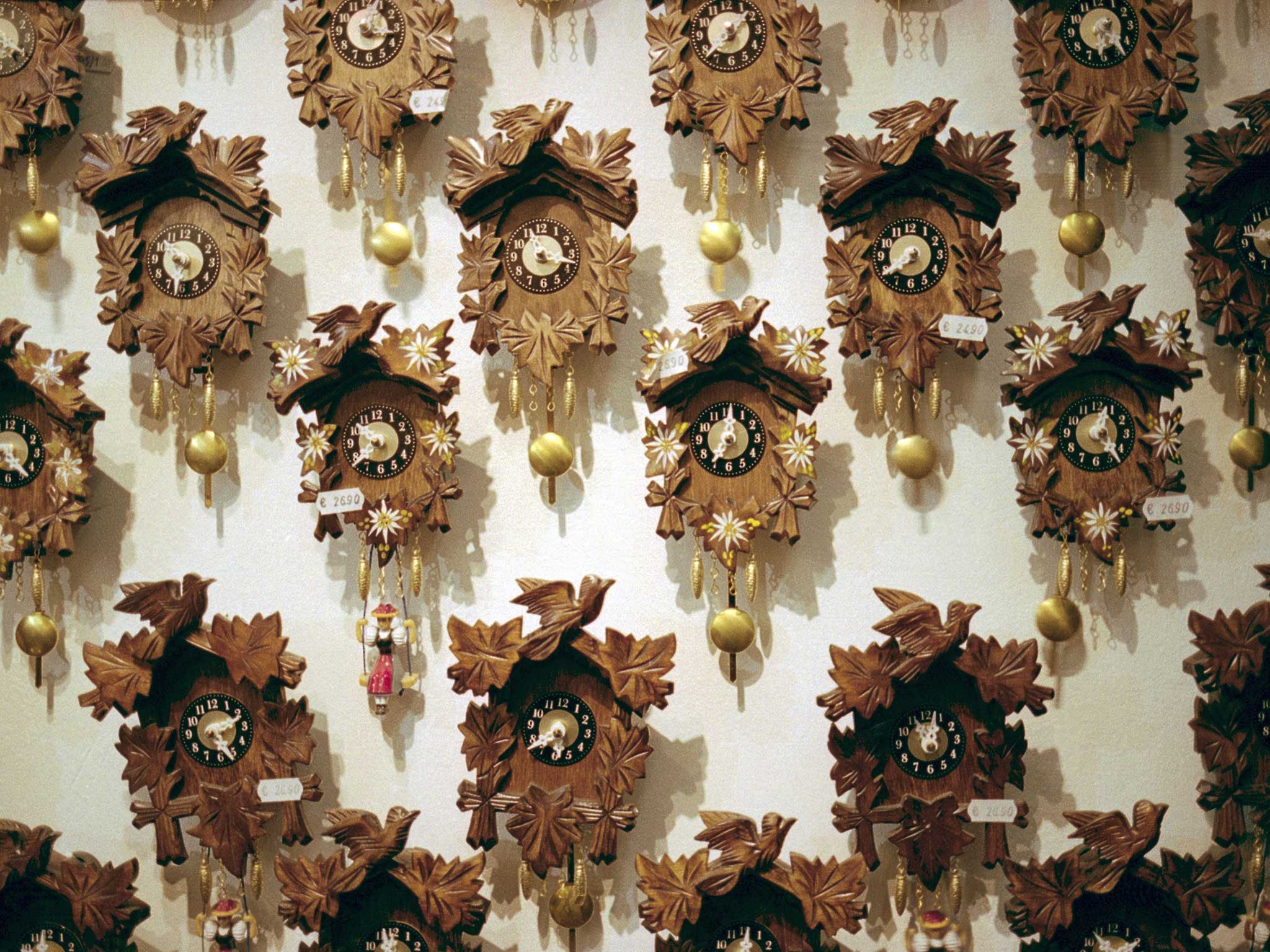Pendulum clocks synchronise using sound pulses, scientists discover
Scientists have puzzled over the mystery for 350 years

Your support helps us to tell the story
From reproductive rights to climate change to Big Tech, The Independent is on the ground when the story is developing. Whether it's investigating the financials of Elon Musk's pro-Trump PAC or producing our latest documentary, 'The A Word', which shines a light on the American women fighting for reproductive rights, we know how important it is to parse out the facts from the messaging.
At such a critical moment in US history, we need reporters on the ground. Your donation allows us to keep sending journalists to speak to both sides of the story.
The Independent is trusted by Americans across the entire political spectrum. And unlike many other quality news outlets, we choose not to lock Americans out of our reporting and analysis with paywalls. We believe quality journalism should be available to everyone, paid for by those who can afford it.
Your support makes all the difference.Scientists may have finally discovered why pendulum clocks synchronise when placed nearby.
After 350 years two Portuguese researchers believe that pendulum clocks eventually swing together because of sound pulses that travel through the wall from clock to clock.
Henrique Oliveira, a mathematician at the University of Lisbon and co-author of the new study published in the Scientific Report, staged an experiment with study co-author and Lisbon university physicist Luís Melo.
In it, the pair placed two clocks on an immobile wall – opposed to the movable beam as had been tested previously – and examined how they interacted.
What they discovered was that the speed of the clocks synchronisation coincided with the cycles of the recorded sound pulses.
“We could verify that the energy transfer is through a sound pulse,” Mr Melo told the Guardian.
Not only does their discovery solve a problem scientists have puzzled over since Huygens – who is credited with creating the first pendulum clock – noticed it in 1665, the research has also pushed forward their understand of other types of oscillators.
Mr Oliveira told LiveScience that the idea came to the two over coffee, because “nobody had ever tested properly the idea of clock hanging on the same wall”.
Join our commenting forum
Join thought-provoking conversations, follow other Independent readers and see their replies
Comments